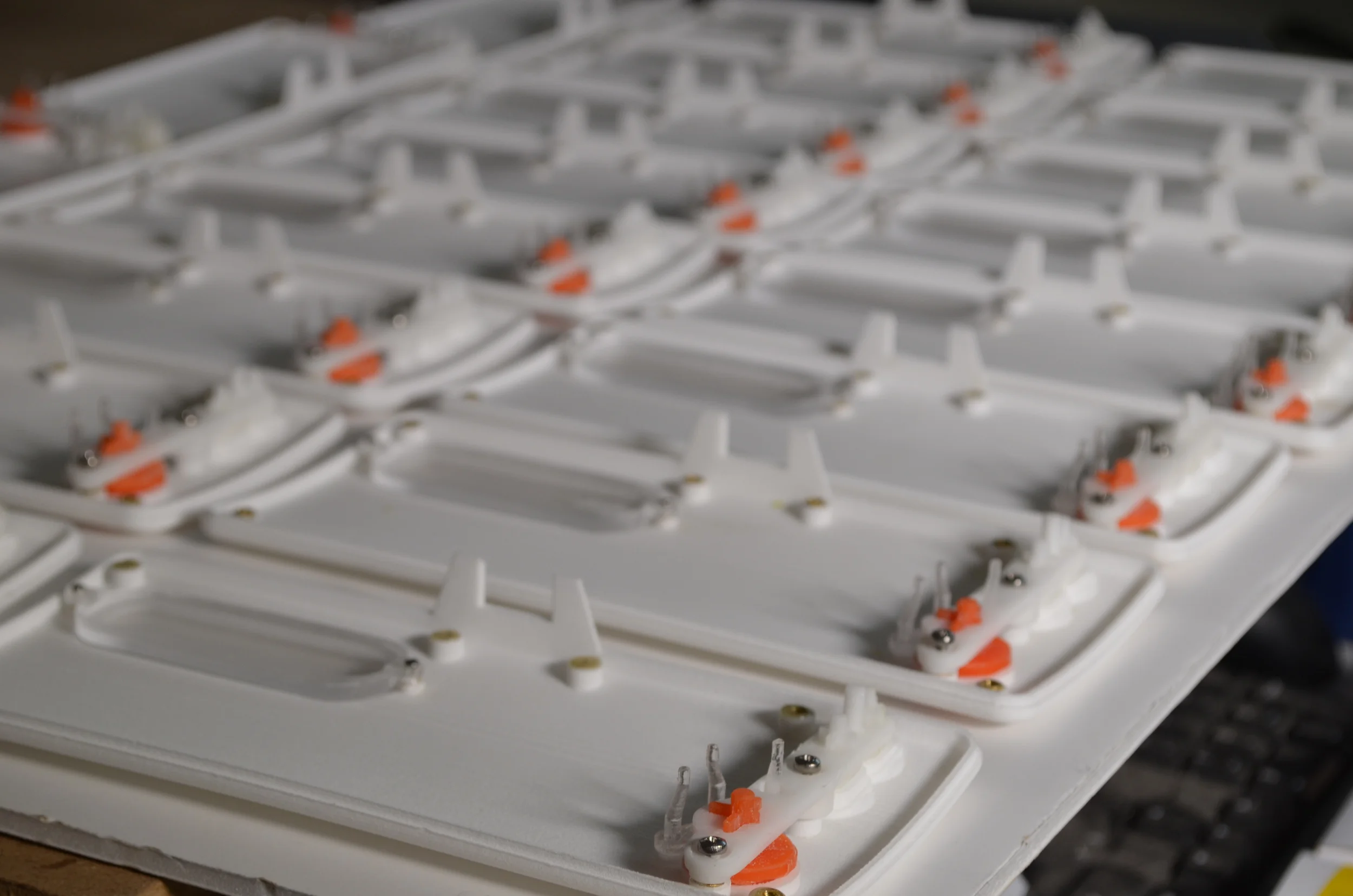Design:
- Design icon John Maeda is moving on from the world of venture capital at Kleiner Perkins to Automattic - the makers of WordPress among other things.
Feeding the Future:
- As Hormel's most notorious product, SPAM is a symbol of everything from post-war food technology to how commodities get gussied up with branding. Produced at a rate of 1.5 million cans per week, SPAM is international hit, a regular component of diets across the world but as demographics and attitudes around food in the U.S. have shifted over the years, Hormel has sometimes struggled to maintain its market relevancy there. Bloomberg looks at Hormel's use of anthropologists to develop a new directions in their product offerings and determine which companies make sense to acquire. There's a real difference between understanding the elements of culture to better meet user needs versus understanding how to coerce customers with marketing- in the short history of big, corporate food companies they have mostly relied on the latter. Time will tell where Hormel's efforts fit on that spectrum.
Communication:
- In an attention economy where marketers, advertisers and UI/UX designers are constantly concerned with the metrics of engagement, the comment sections that follow news stories generate a great deal of activity, an unfortunate percentage of which is made up of toxic vitriol. NPR (with their relative independence from advertising concerns) has decided that it's not worth keeping the troll cave that is the comment section open. Their decision was driven in large part by a deeper analysis to determine that their actual listening audience and the commenters were not really the same crowd. It underscores the difference between organizations that are driven by mission instead of purely focusing on profit at any societal cost.
Roadmapping the Future:
- From banks to tech companies, many are betting on (and pushing for) a cashless future, where all transactions pass through an electronic portal at some point. While this is portrayed as a more convenient, secure, and clean way of moving money around, there's also the potential for huge losses in terms of privacy, community autonomy and the kinds of 'gray markets' that allow those on the lower end of the economic food chain to survive.
- It can be easy to forget that many 'disruptive' technologies intended to democratize access are still far from evenly distributed and leave those promises of revolutionary change unfulfilled. For example, many in the U.S. still do not have reliable access to the internet - now a library in Denver is letting patrons take out Wi-Fi hotspots to help close the gap on the digital divide.
Building Things:
- One of the recurring obstacles faced by wearable tech companies is the variability of human bodies, including things like skin sensitivity. McDonald's just pulled a simple pedometer product for kids based on complaints of skin irritation.

